The case of 5 hospitals refusing to give first aid, causing the patient's death: The police got involved

3 | 0 Discuss | Share
Media reported that India is rushing to control the infection of Nipah virus , a rare virus with a much higher mortality rate than Covid-19, which makes people worried.
Accordingly, a 12-year-old boy died of Nipah virus at a hospital in Kerala - the southern Indian state and a place to deal with the Covid-19 pandemic. The patient went to 2 hospitals before his death. The number of people in contact with the patient can reach hundreds of people.
According to the World Health Organization (WHO), previous Nipah outbreaks have shown a mortality rate from this virus to be around 40-75%, making Nipah a virus with a much higher mortality rate than the virus. SARS-CoV-2. Health officials have long feared that the Nipah virus poses the risk of causing a global pandemic.
India's Centers for Disease Control and Prevention (CDC) said: "The virus has been shown to be capable of human-to-human transmission during this outbreak, raising concerns about the potential for Nipah to cause global pandemic".
More than 100 people who came into contact with the patient have been forced into isolation, 48 of whom are being monitored at a hospital in Kerala. Authorities also carried out house-to-house checks and contact tracing. Health officials are urgently testing the people who came into contact with the patient as much as possible. Test samples taken from the patient's main contacts, including family members and healthcare workers, were negative.
Nipah virus was first detected in Malaysia and Singapore in 1999. The outbreak broke out with nearly 300 human infections and more than 100 deaths. More than 1 million pigs have been killed to help control the epidemic, causing "significant economic impact".
The main symptoms of people infected with Nipah virus are similar to those of people with Covid-19, including fever, cough, sore throat and difficulty breathing. Infected people also often develop encephalitis or brain swelling. If the patient is lucky enough to survive, the patient may experience persistent neurological symptoms such as seizures and personality changes.
There is currently no vaccine or treatment for the Nipah virus. Patients infected with the virus only receive medical care. The detection of people infected with Nipah virus is often difficult because the initial symptoms are not clear. Meanwhile, disease detection and early diagnosis play a very important role in increasing the patient's chances of survival and preventing infection to others. The nature of Nipah virus infection is that if the outbreak gets out of control, it could pose a bigger threat to public health than the Covid pandemic. -19".
According to WHO, there is currently no treatment or vaccine against Nipah virus. The only way for the patient to recover is to use supportive therapy. Dr Pavithra said the treatment regimen for people infected with Nipah virus includes rest, rehydration and treating symptoms as they appear. Some precautions such as frequent hand washing with soap and water; do not eat fruit that has fallen or shows signs of being bitten by an animal; Wash, peel fruits and cook vegetables and tubers before eating. In addition, people need to avoid contact with people infected with NiV; Avoid contact with pigs in areas with a lot of bats.
According to Dr. SN Aravinda, Consultant Internal Medicine at Aster RV Hospital, Bangalore, the elderly, men and people with respiratory diseases are more likely to contract NiV. The WHO says Thailand, the Philippines, Cambodia, Indonesia, Ghana and Madagascar are at high risk of NiV infection because of the virus' natural reservoir.
NiV first appeared in India in the city of Kozhikode in May 2018. Authorities recorded 17 deaths and 18 infections. In June 2019, the city of Kochi in southwestern India recorded a 23-year-old student positive for Nipah virus, but this person was quickly isolated and recovered. Nipah virus has been detected in India 5 times, of which three times appeared in the city of Kerala.
Dr Pavithra, Consultant Internal Medicine at Columbia Asia Hebbal Hospital (a unit of Manipal Hospital), Bangalore, explains why Kerala is one of the hotspots of the epidemic. Accordingly, Kerala has dense forest area and rich ecosystem compared to other cities. This is a suitable habitat for all animals, including many species of fruit bats, creating conditions for the Nipah virus to thrive.
Nipah is a virus that is transmitted from animals such as bats or pigs to humans or from infected people to other people. But NiV is more active in the body of animals. Nipah virus first appeared in Malaysia in 1999. Since 2001, almost every year Bangladesh has experienced outbreaks of Nipah virus.
According to WHO, Pteropus bats, also known as fruit bats, are the natural host of the virus. Humans are more likely to get the disease if they eat fruit contaminated with the urine or saliva of this bat. WHO says Nipah virus can be transmitted to humans through contact with secretions from infected animals.
So far, India's National Center for Disease Control (NCDC) has identified 188 people who were in contact with the 12-year-old patient in Kozhikode before his death. Of these, 20 people are classified as at high risk of infection and two health workers show symptoms of NiV infection.
The state of Kerala responded to an outbreak of the Nipah virus in 2018. More than 10 people have died in this outbreak. The response to the Nipah virus this time in Kerala is more difficult as the state is struggling with the control of the Covid-19 epidemic. Kerala recorded nearly 20,000 Covid-19 cases on September 6, accounting for the majority of the total of 31,222 new infections on the day in India.
Wife died of Covid-19 while pregnant, husband F0 raised 3 young children, the sick child was in an incubator  Hà Hà23:33:50 01/09/2021Recently, the social network spread the tragic story of the family of Mr. Hoang Ngoc Sy and Ms. Hoang Thi Thuy Trang in Binh Duong. Mr. Sy is currently F0, and Ms. Trang has passed away from Covid-19. Mr. Sy and Ms. Trang are from Hoi Yen village - Hai Que commune -...
Hà Hà23:33:50 01/09/2021Recently, the social network spread the tragic story of the family of Mr. Hoang Ngoc Sy and Ms. Hoang Thi Thuy Trang in Binh Duong. Mr. Sy is currently F0, and Ms. Trang has passed away from Covid-19. Mr. Sy and Ms. Trang are from Hoi Yen village - Hai Que commune -...

3 | 0 Discuss | Share
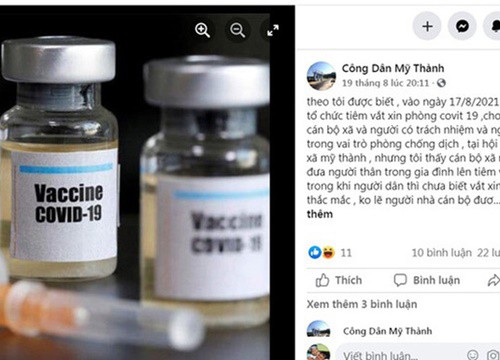
2 | 0 Discuss | Share

4 | 0 Discuss | Share

2 | 0 Discuss | Share
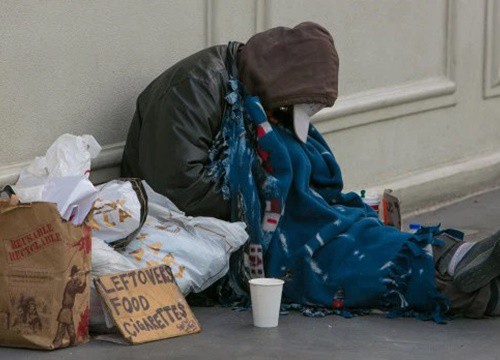
4 | 0 Discuss | Share

2 | 0 Discuss | Share

4 | 0 Discuss | Share
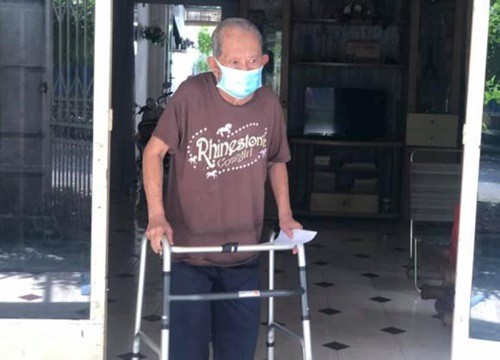
5 | 0 Discuss | Share
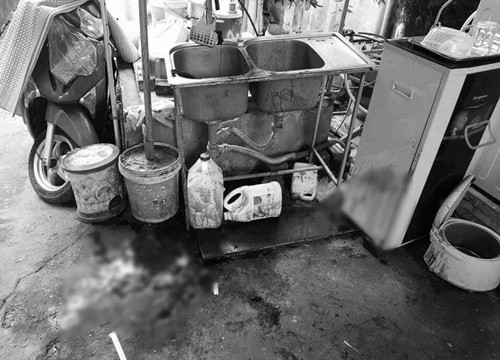
4 | 0 Discuss | Share

2 | 0 Discuss | Share
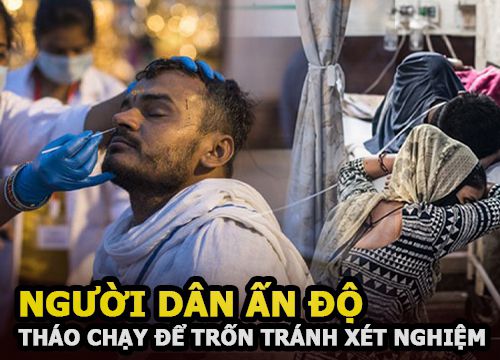
5 | 0 Discuss | Share
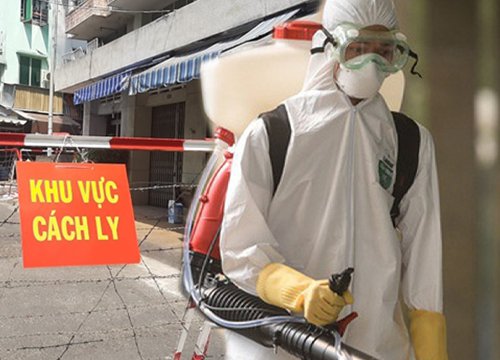
3 | 0 Discuss | Share

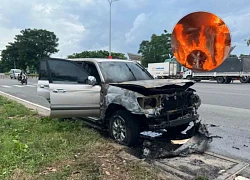


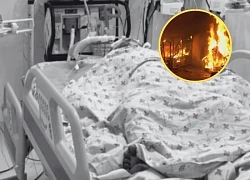
4 | 0 Discuss | Report